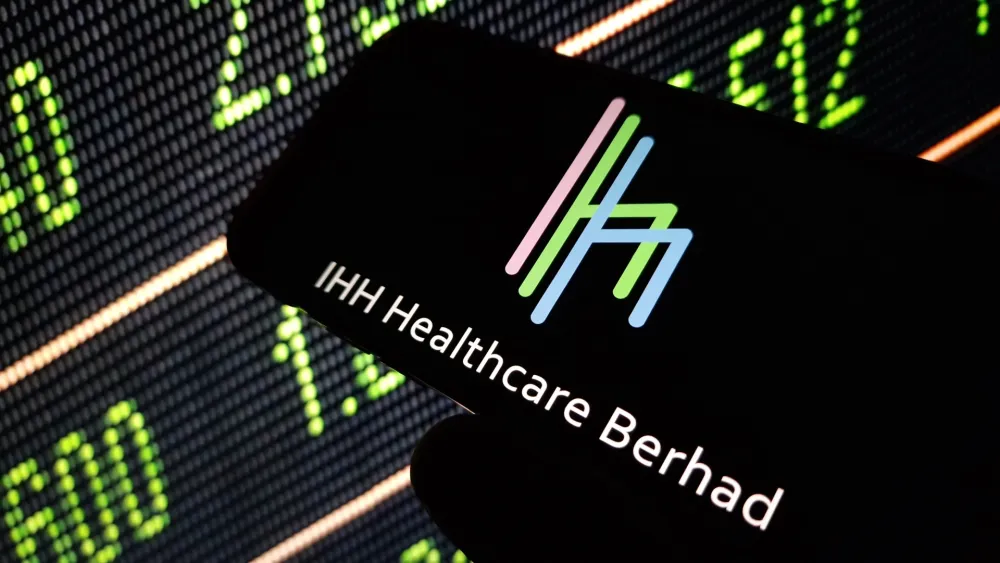
Japan delays medical expense reforms amidst political pushback
Overall health spending is still expected to surpass 12% of GDP by 2029.
Japan’s plans to reform its high-cost medical expense benefit system have been postponed until autumn, following political opposition and concerns about patient financial protection.
Despite the challenges, overall health spending is expected to surpass 12% of GDP by 2029, according to a BMI report.
“We forecast public health spending to grow at a 5.0% compound annual growth rate from 2024 to 2029, reaching about $531b (JPY 76.78t) by 2029,” the report said.
This year’s national budget had proposed raising the maximum individual payment by 10% for those in the average income bracket and adjusting outpatient cost limits.
The changes would have meant patients pay more out of pocket before receiving financial assistance, aiming to reduce insurance contributions by around $2.56b (JPY 370bn) annually.
The proposals faced resistance from patient groups, opposition parties, and some Liberal Democratic Party lawmakers in the Upper House, delaying implementation originally planned for August.
Meanwhile, the LDP-Komeito coalition is forecast to lose its Upper House majority in the election on 20 July, which could lead to the resignation of Prime Minister Shigeru Ishiba and further delays to healthcare reform.
“This scenario raises uncertainty for Japan’s healthcare landscape including the direction of out-of-pocket payments and insurance contributions,” BMI added.
JPY 1 = $0.0069



















 Advertise
Advertise







